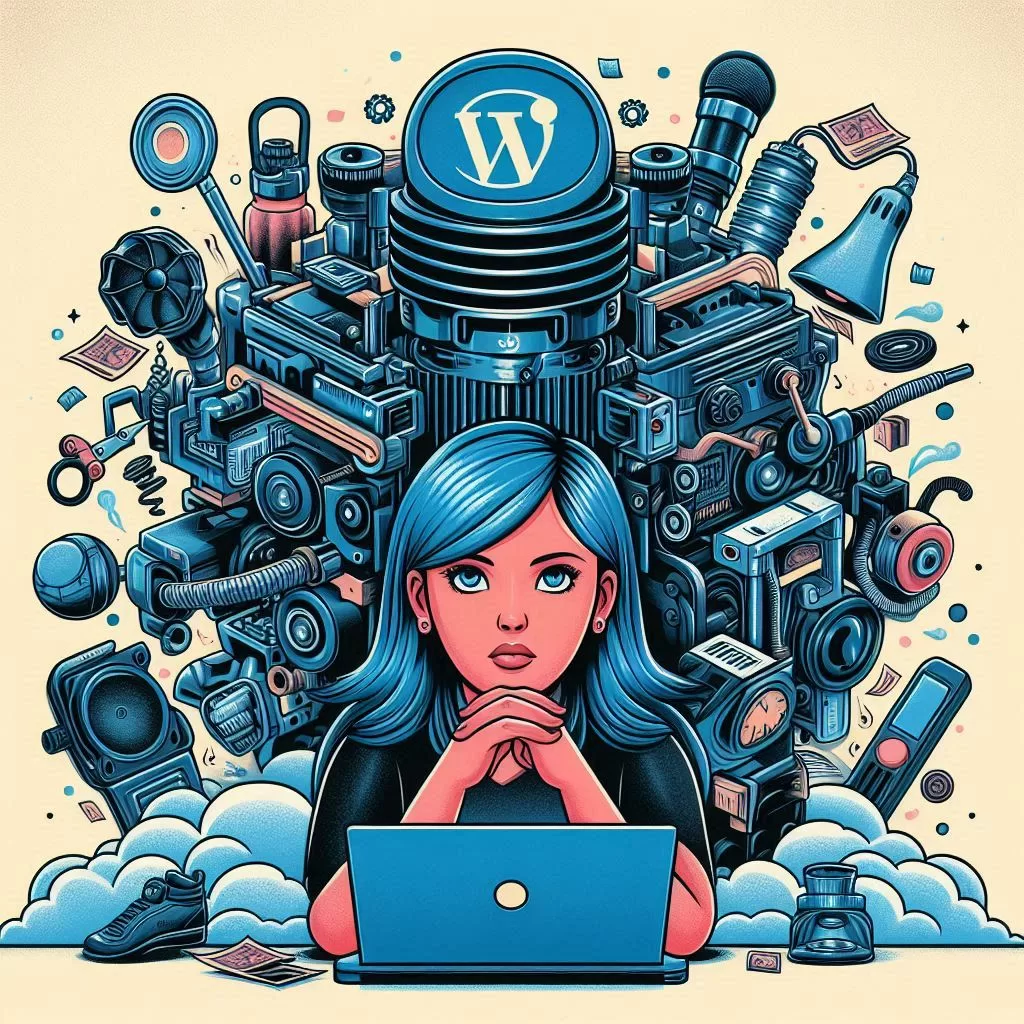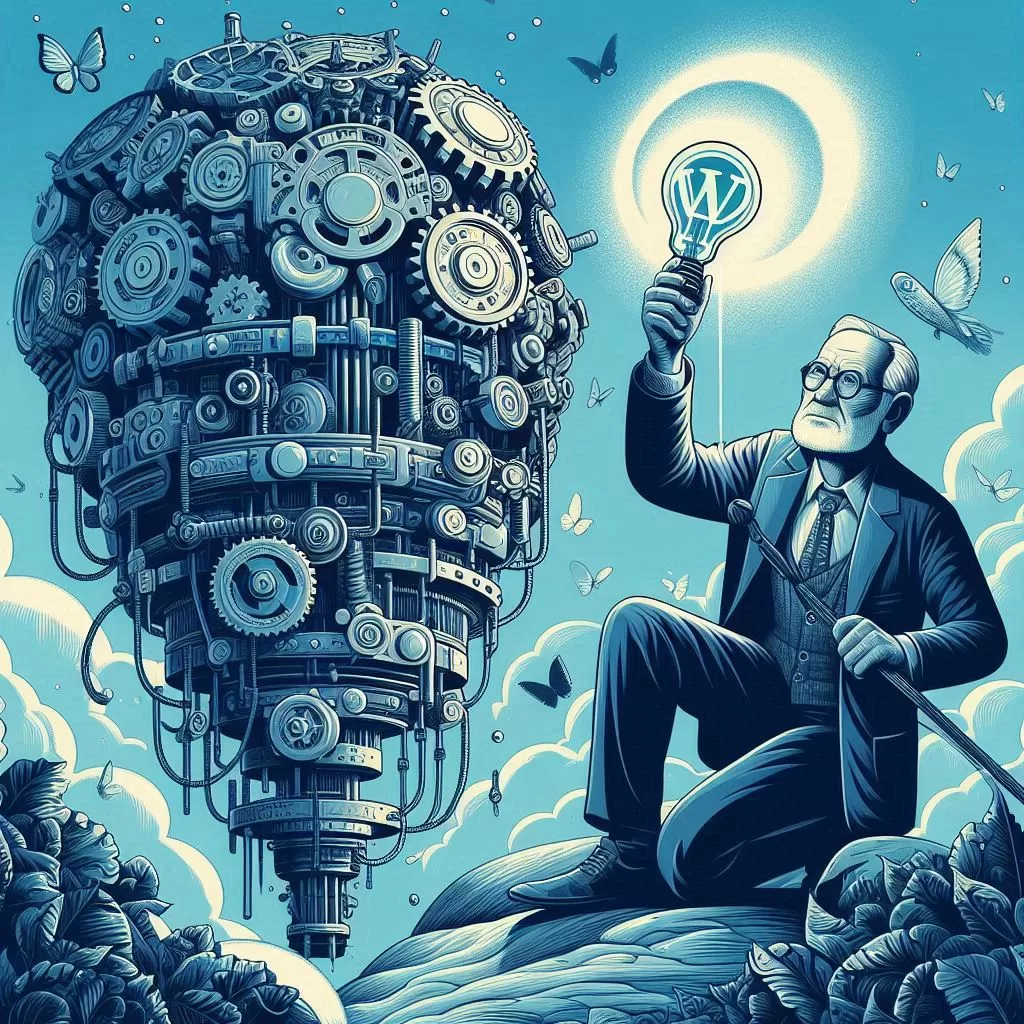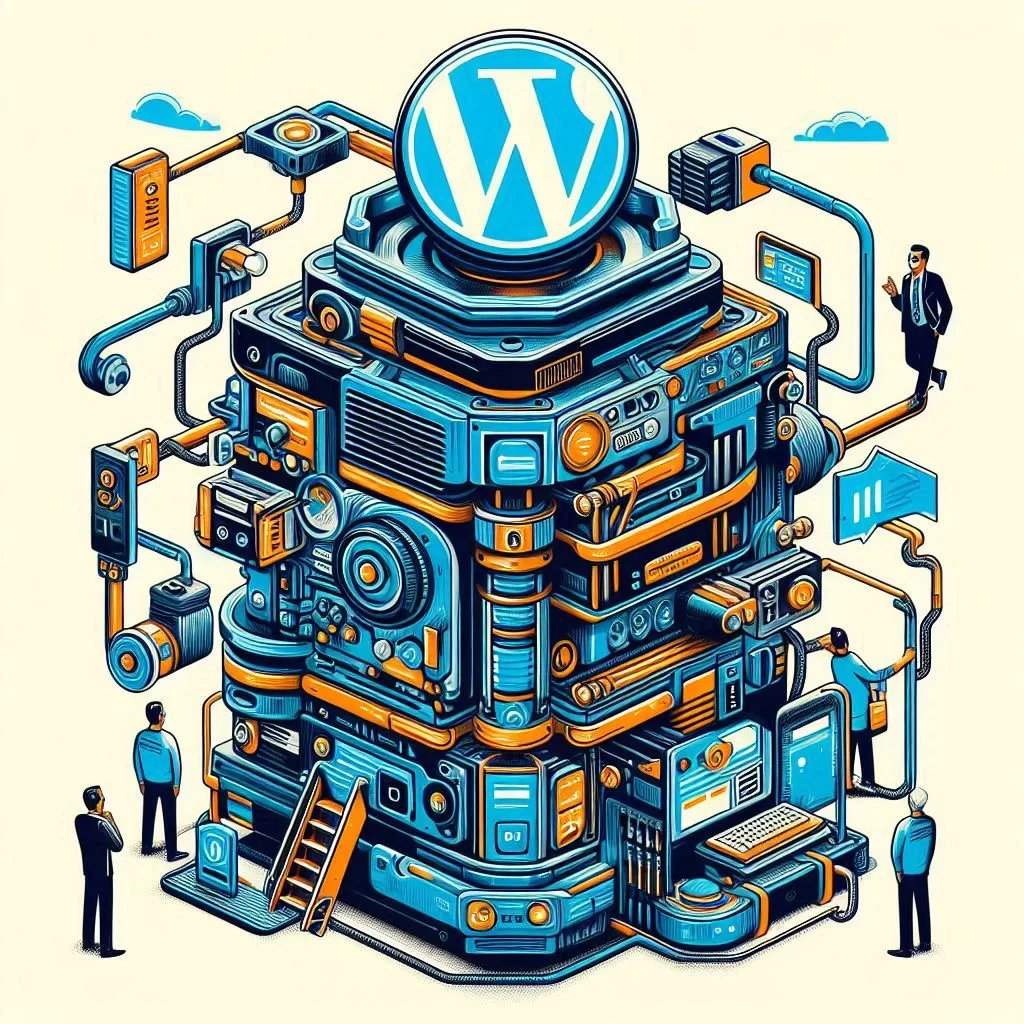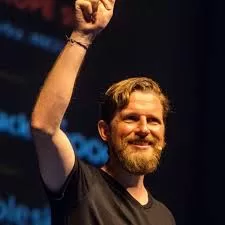In a fiery address at WordCamp US 2024, Automattic CEO and WordPress co-creator Matt Mullenweg launched a scathing critique against WP Engine, labeling the company a “cancer to WordPress.” Mullenweg accused WP Engine of profiteering from the open-source WordPress project without making significant contributions back to the community. He highlighted the stark contrast in the “five for the future” investment pledges, with Automattic contributing 3,900 hours per week compared to WP Engine’s mere 40 hours, despite both companies having similar revenue figures.
Mullenweg’s criticism extended beyond WP Engine to its main investor, emphasizing the need for greater accountability and support for the open-source ecosystem that powers over 40% of the web. This isn’t the first time Mullenweg has called out major web hosts, previously targeting GoDaddy for similar reasons. His latest comments underscore ongoing tensions within the WordPress community regarding the commercialization of the platform.
WordPress, which started as a simple blogging tool, has grown into a versatile content management system (CMS) that powers millions of websites worldwide. The open-source nature of WordPress means that anyone can use, modify, and distribute the software for free. However, this also means that the project relies heavily on contributions from individuals and companies to continue its development and maintain its infrastructure.
Automattic, founded by Mullenweg in 2005, has been a significant contributor to the WordPress project. The company offers various services, including WordPress.com, Jetpack, and WooCommerce, which help monetize the platform while supporting its growth. In contrast, WP Engine, a managed WordPress hosting provider, has been criticized for not giving back to the community proportionately to its profits.
At WordCamp US 2024, held in Portland, Oregon, Mullenweg took to the stage to address these issues head-on. He read out a post from his personal blog, where he detailed the contributions made by Automattic and WP Engine. According to Mullenweg, Automattic contributes 3,900 hours per week to the “five for the future” initiative, while WP Engine contributes just 40 hours. This disparity, he argued, is significant given that both companies have similar revenue figures, estimated to be in the ballpark of half-a-billion dollars.
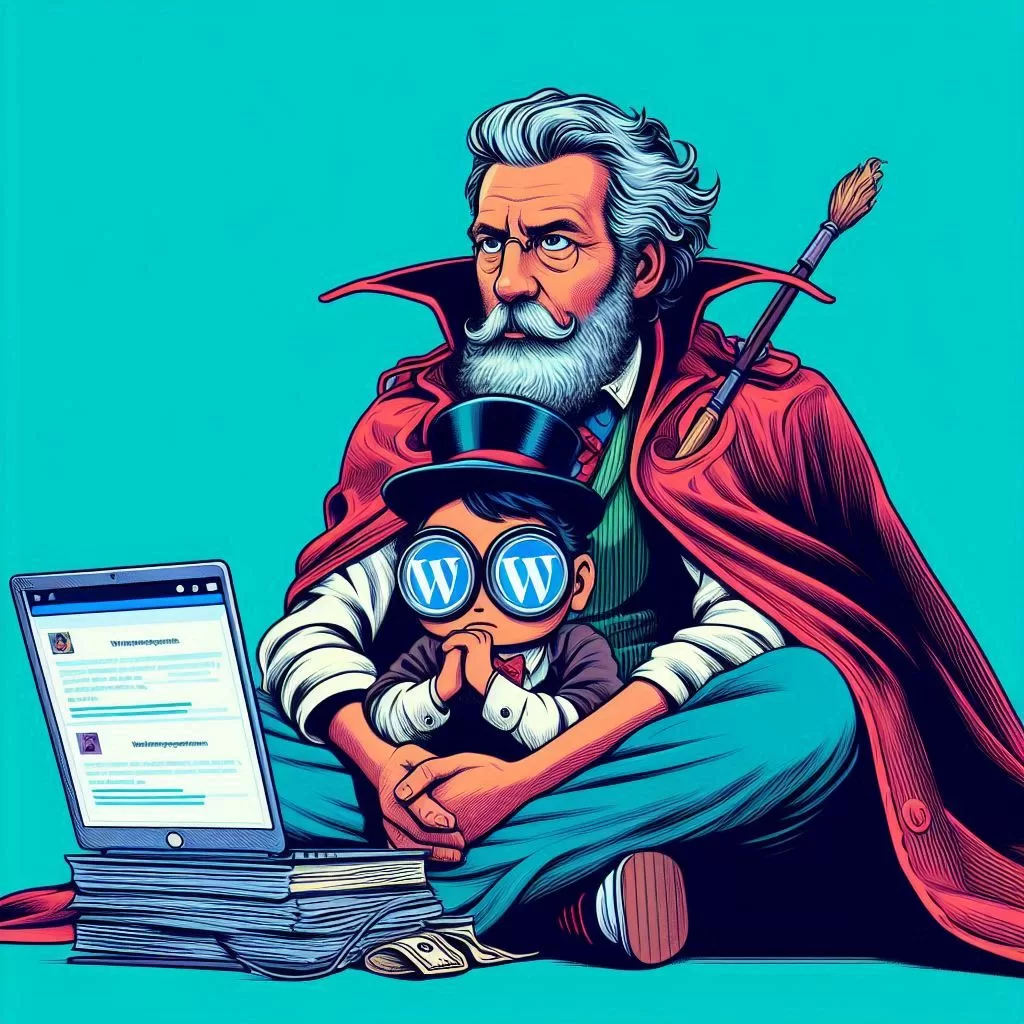

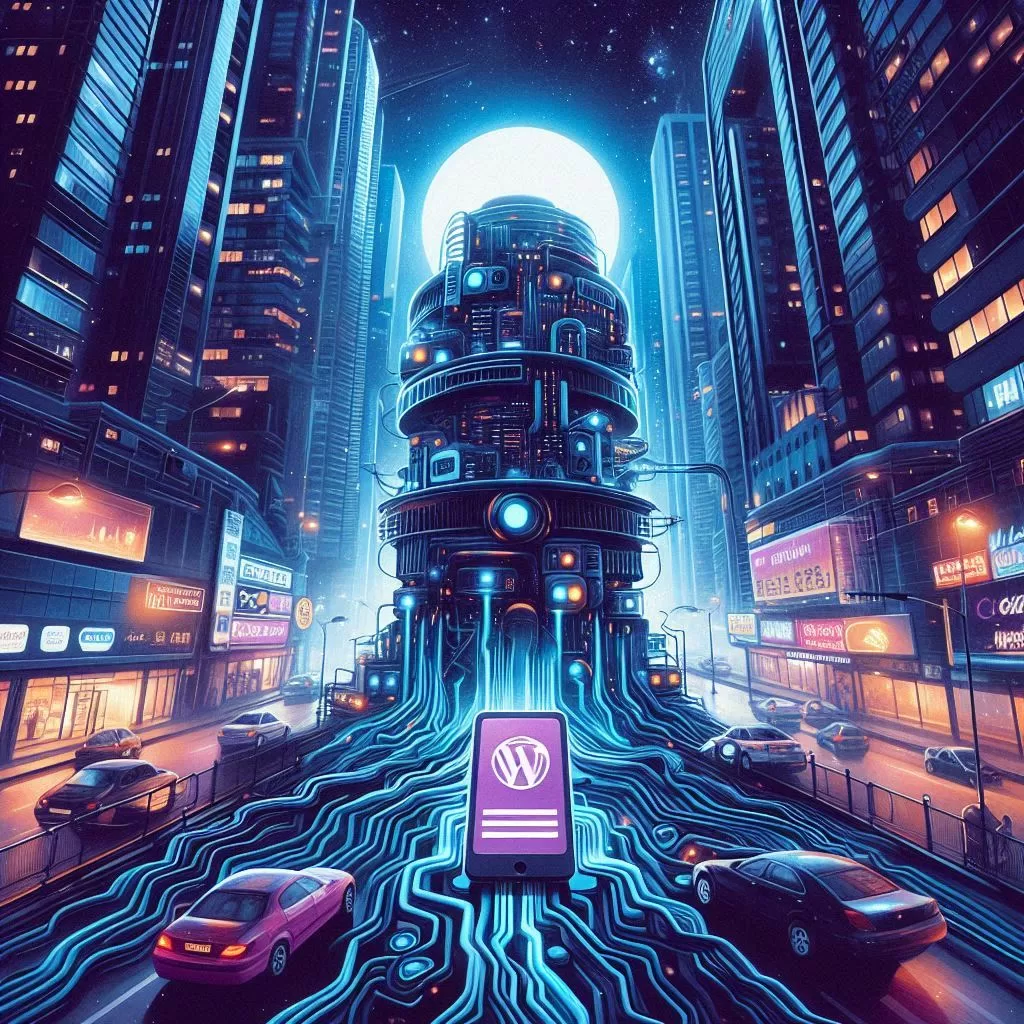

Mullenweg acknowledged that these figures are just a “proxy” and might not be perfectly accurate. However, he stressed that the difference in contributions is notable and reflects a broader issue within the WordPress ecosystem. He called for greater transparency and accountability from companies that profit from WordPress, urging them to invest more in the project’s future.
WP Engine, founded in 2010, has raised nearly $300 million in funding over its 14-year history. The bulk of this funding came from a $250 million investment by private equity firm Silver Lake in 2018. Despite this significant financial backing, Mullenweg argued that WP Engine has not done enough to support the WordPress community.
In his speech, Mullenweg also criticized WP Engine’s business practices, accusing the company of disabling key features that make WordPress a powerful platform. He argued that these actions undermine the open-source nature of WordPress and limit its potential for users.
Mullenweg’s comments have sparked a heated debate within the WordPress community. Some members support his call for greater contributions from companies that profit from WordPress, while others argue that businesses have the right to operate as they see fit. This debate highlights the ongoing tension between the commercial and open-source aspects of the WordPress project.
In addition to WP Engine, Mullenweg has previously criticized other major web hosts for similar reasons. He has accused GoDaddy of profiteering from the open-source project without giving anything meaningful back. In his latest offensive, Mullenweg called GoDaddy a “parasitic company” and an “existential threat to WordPress’ future.”
Mullenweg’s criticism of WP Engine and other web hosts underscores the challenges faced by open-source projects in balancing commercial interests with community contributions. As WordPress continues to grow and evolve, these tensions are likely to persist.
The WordPress community, which includes developers, designers, and users from around the world, plays a crucial role in the platform’s success. Contributions from individuals and companies help ensure that WordPress remains a robust and versatile CMS. However, the disparity in contributions highlighted by Mullenweg raises questions about the sustainability of this model.
Mullenweg’s call for greater accountability and support from companies that profit from WordPress is a reminder of the importance of community contributions to open-source projects. As WordPress powers more than 40% of the web, the need for continued investment in its development and infrastructure is more critical than ever.
The debate sparked by Mullenweg’s comments also highlights the broader challenges faced by open-source projects in the tech industry. Balancing commercial interests with community contributions is a complex issue that requires ongoing dialogue and collaboration.
As the WordPress community continues to navigate these challenges, the need for transparency and accountability from all stakeholders remains paramount. Mullenweg’s criticism of WP Engine and other web hosts serves as a call to action for greater investment in the future of WordPress.
In conclusion, Mullenweg’s scathing critique of WP Engine at WordCamp US 2024 has brought to light significant issues within the WordPress ecosystem. His call for greater contributions from companies that profit from WordPress underscores the importance of community support for open-source projects. As WordPress continues to power a significant portion of the web, the need for ongoing investment in its development and infrastructure remains critical. The debate sparked by Mullenweg’s comments highlights the ongoing tension between commercial and open-source interests within the WordPress community, emphasizing the need for transparency, accountability, and collaboration.
